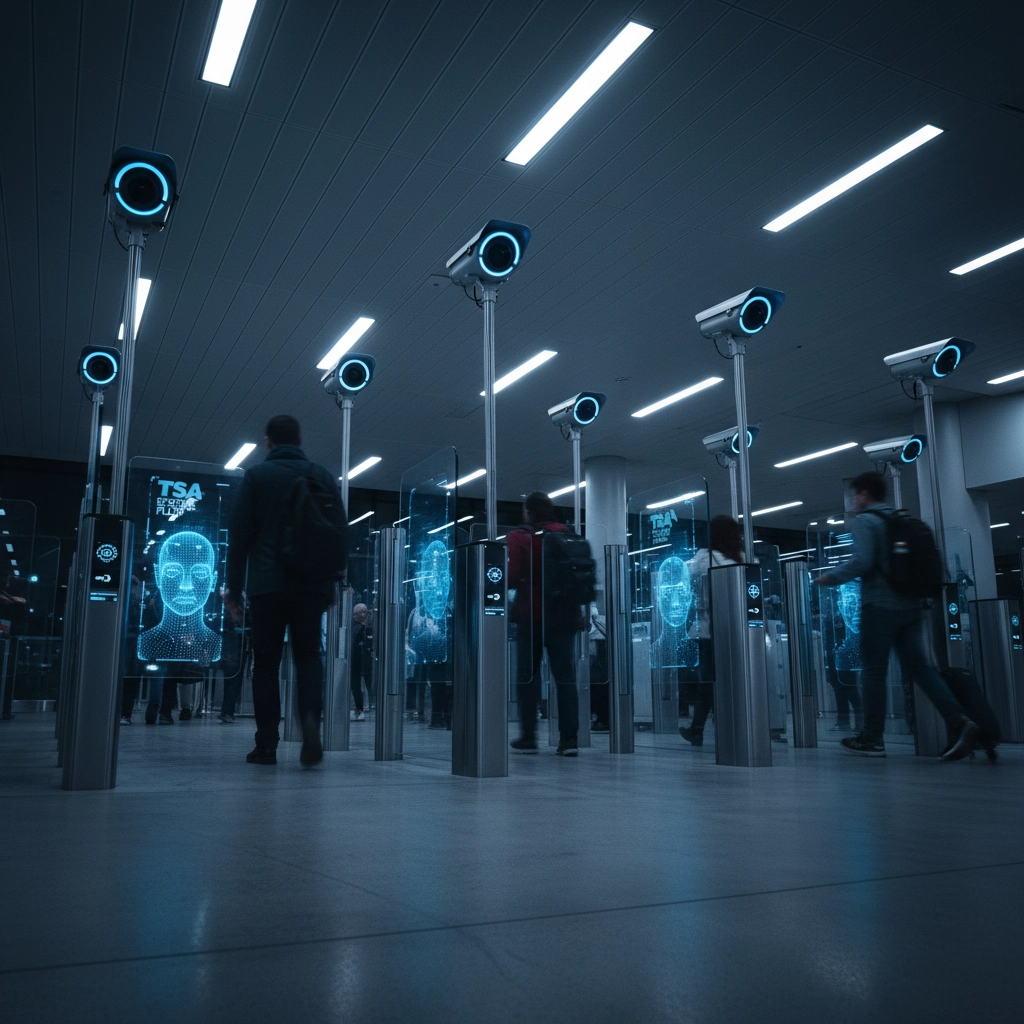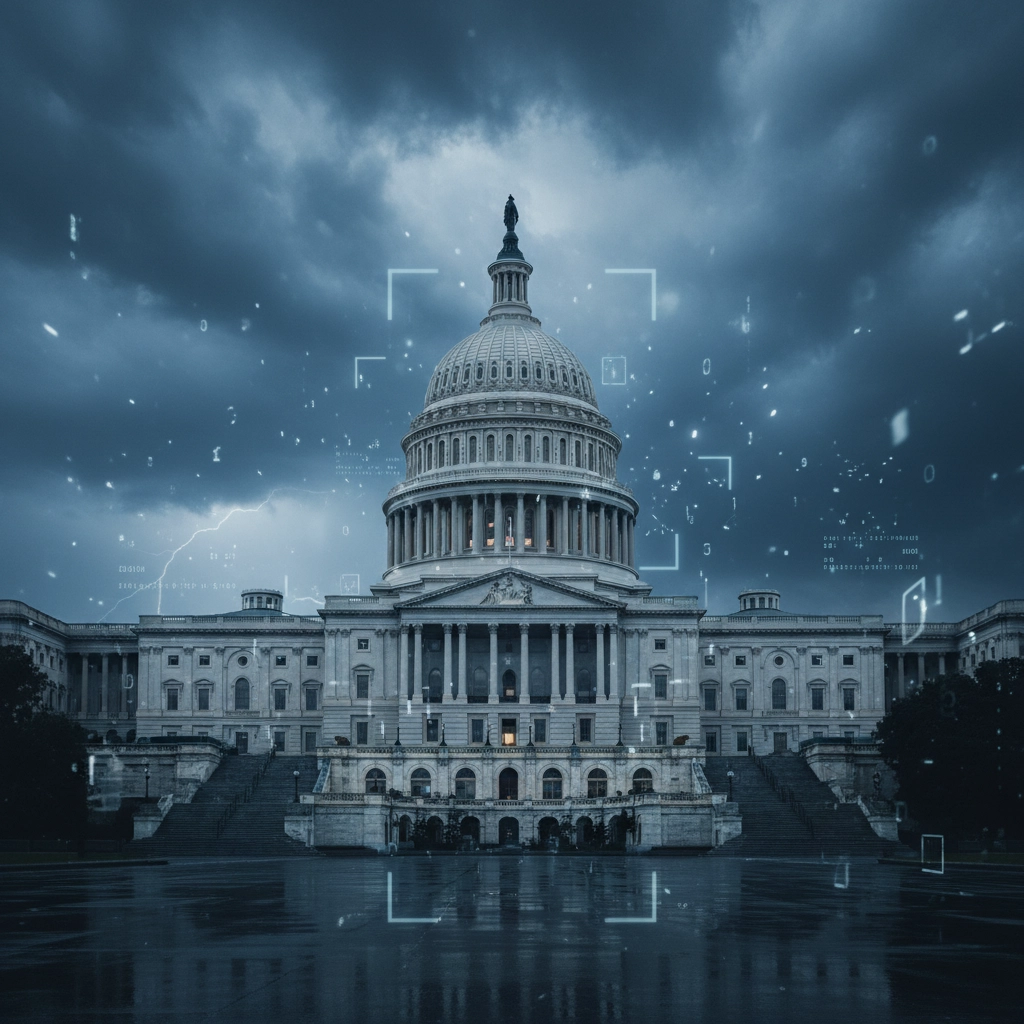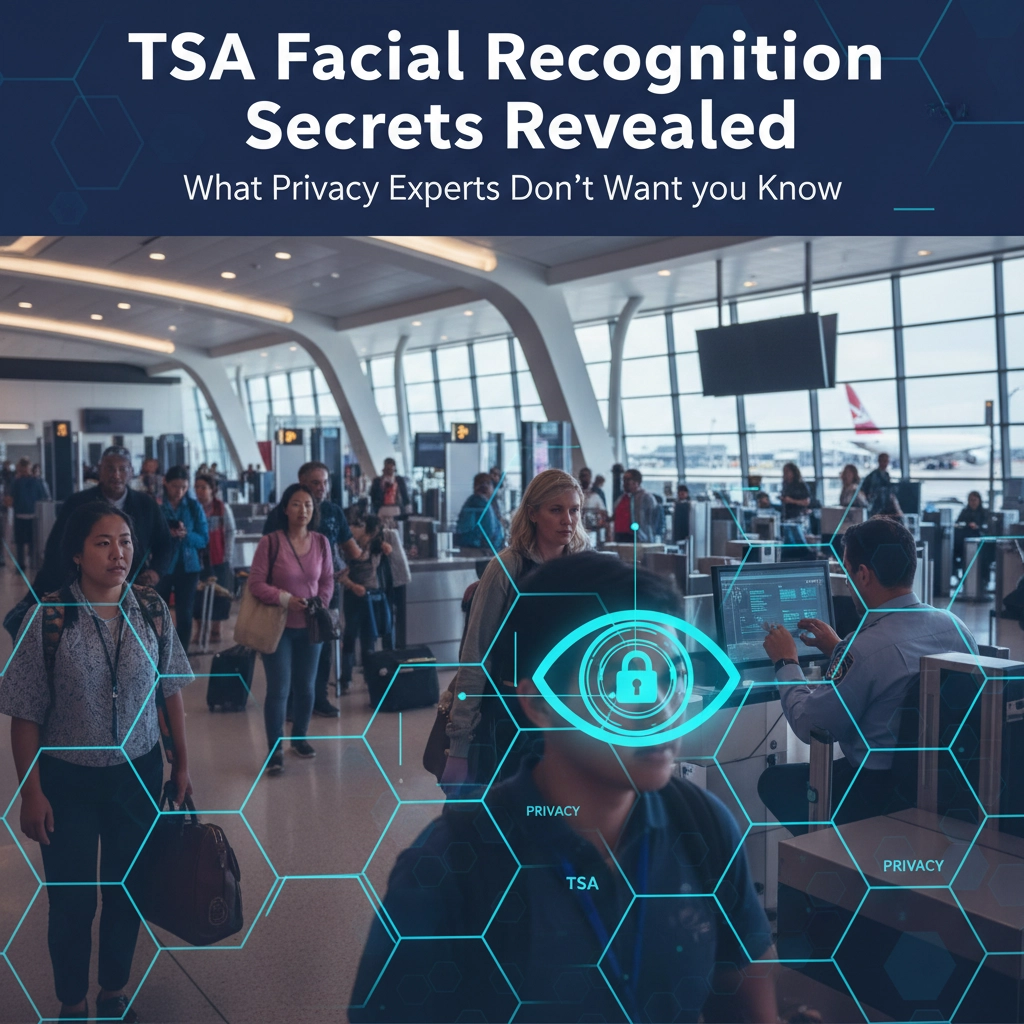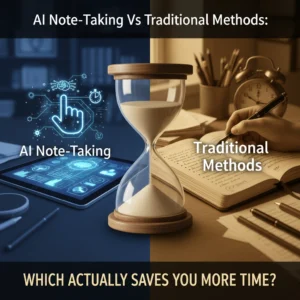Here's the thing about TSA facial recognition "secrets" – privacy experts aren't trying to hide anything from you. They're actually screaming from the rooftops, begging you to pay attention. The real secret? Most travelers have no clue what's happening to their face data when they walk through airport security.
What's Really Going On at Airport Security
TSA rolled out facial recognition technology at 84 airports nationwide, with plans to expand to over 400 locations. When you approach certain security checkpoints, cameras capture your face and match it against the photo on your government-issued ID. The whole process takes about 16 seconds.

TSA claims they delete your photo immediately after verification. But here's where it gets murky – they admit to storing images during "testing phases" and sharing data with other Department of Homeland Security agencies. Your face might end up with Customs and Border Protection or even law enforcement if they deem it "operationally necessary."
The technology isn't just checking if you match your driver's license photo. It's building a massive database of American travelers, one face at a time.
The Problems Privacy Experts Actually Want You to Know About
Accuracy Issues Are Real
A 2019 study by the National Institute of Standards and Technology found facial recognition systems have higher error rates for Asian and African American faces compared to white faces. Imagine being flagged as a security risk because an algorithm can't properly identify your ethnicity.
You're Not Getting Full Disclosure
The Government Accountability Office slammed TSA in 2023 for creating a "lack of informed consent." Most passengers think facial scanning is mandatory when it's actually optional. TSA's signage doesn't make this crystal clear, leaving travelers feeling pressured to comply.
Your Face Isn't a Password
Unlike your credit card number or social security number, you can't change your face if data gets breached. Once your biometric data is in the system, it's permanently linked to you. Privacy advocates worry this creates a surveillance infrastructure that could be expanded far beyond airport security.

Senator Jeff Merkley put it bluntly: "The TSA program is a precursor to a full-blown national surveillance state. Nothing could be more damaging to our national values of privacy and freedom."
You Can Actually Opt Out (And Here's How)
This might be the most important thing you read today – you don't have to participate in facial recognition scanning. Just tell the TSA officer "I'd like to opt out of facial recognition" and they'll verify your ID the old-fashioned way.
Here's exactly what happens when you opt out:
- The TSA agent manually compares your face to your ID photo
- You might wait an extra 30 seconds
- There are zero negative consequences or additional screenings
- You still get through security just fine
Some travelers worry opting out will put them on a watchlist or slow down their screening. That's not true. TSA agents are trained to handle opt-outs as standard procedure.
What Congress Is Doing About It
A bipartisan group of senators introduced the Traveler Privacy Protection Act of 2023, which would ban TSA's use of facial recognition until Congress provides proper oversight. The bill also requires TSA to delete any facial biometric data they've already collected.
The fact that both Democrats and Republicans are concerned should tell you something. When politicians from opposite sides agree on a privacy issue, it's usually pretty serious.

The Bigger Picture Nobody's Talking About
Here's what makes this whole situation fascinating – we're watching the normalization of surveillance in real-time. TSA introduced facial recognition as a "pilot program" during COVID-19, when people were already stressed about health and safety. Now it's becoming standard procedure at airports nationwide.
This playbook isn't new. First, introduce surveillance technology during a crisis. Then gradually expand it while people aren't paying attention. Before you know it, what seemed temporary becomes permanent.
Last month, I watched a businessman in his 60s approach the facial recognition camera at Denver International Airport. He hesitated, looked around uncertainly, then shrugged and stared into the lens. When I asked him afterward if he knew he could opt out, his eyes widened. "Really? I thought I had to do it."
That reaction is exactly what privacy experts are trying to prevent. They want you to make an informed choice, not stumble into surveillance because nobody told you there was another option.
What This Means for Your Future Travel
TSA isn't stopping at airports. They're testing facial recognition for various security applications, and other government agencies are watching closely. If this program succeeds without significant pushback, expect to see similar technology at train stations, government buildings, and other public spaces.
The Electronic Privacy Information Center warns that facial recognition has "become ubiquitous in less democratic countries" as "an ideal tool for oppression." That might sound dramatic, but consider how quickly surveillance technologies can expand once they're normalized.
Your choice at the airport checkpoint today could influence whether your children grow up in a world where biometric surveillance is everywhere or nowhere.
The Real Secret Privacy Experts Want You to Know
Privacy advocates aren't hiding information about TSA facial recognition – they're desperately trying to share it. The real secret is that most people don't realize they have a choice. TSA benefits from this confusion because voluntary compliance is much easier than mandatory participation.
Every time you opt out, you're sending a message. You're telling TSA that Americans value privacy and won't automatically accept surveillance just because it's convenient.
The technology isn't inherently evil, but the lack of transparency and informed consent is problematic. Privacy experts want oversight, accuracy standards, and clear communication about what's happening to your data.
Will you opt out of facial recognition the next time you fly, or will you let TSA scan your face without knowing exactly where that data goes?







